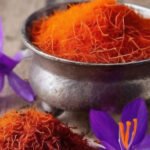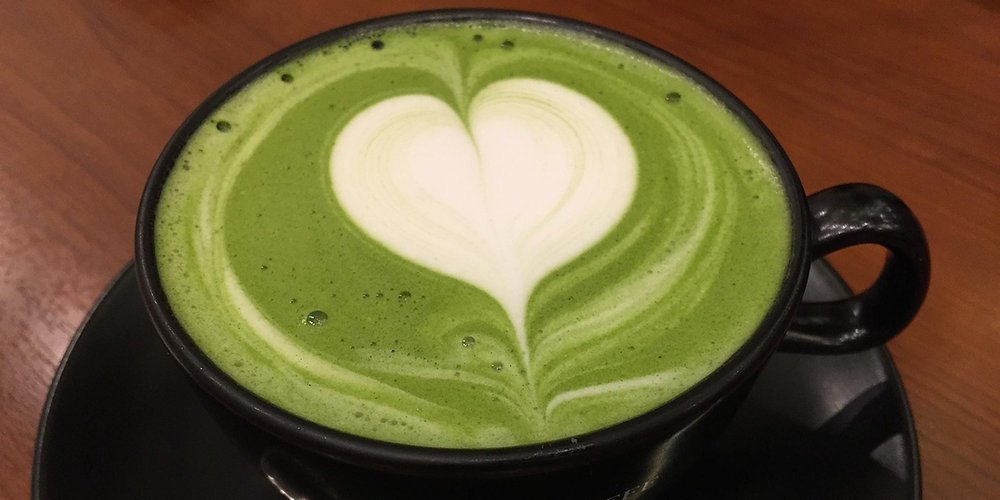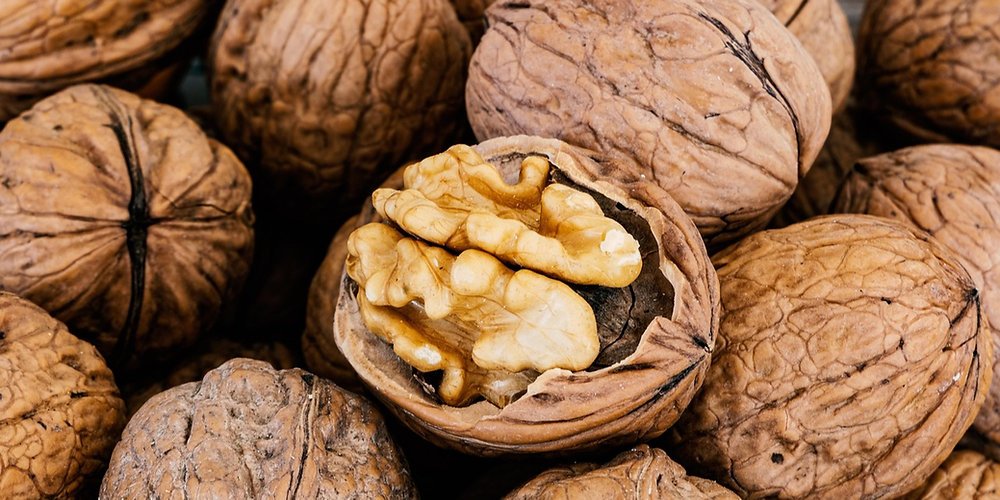This article is about the growing buzz around matcha—a vibrant green powder that’s taken the health world by storm.
“Matcha is more than just a green drink; it’s a centuries-old ritual that blends energy, calm, and health into one cup.” – The Economic Botanist
Matcha isn’t just about drinking a green powder and hoping for better health. It’s part of a much bigger story—one that stretches back centuries and connects ancient traditions with modern wellness trends. This story is called the matcha craze.
You’ve probably heard about green tea or even seen matcha lattes in cafes, but matcha is more than just a trendy drink. It’s a vibrant, finely ground tea leaf that’s packed with nutrients and a special kind of calm energy. It’s a fascinating mix of history, science, and everyday self-care.
In this article, we’re going to explore matcha—from where it comes from to why it’s considered a superfood, how it stacks up against coffee, and how you can easily add it to your daily routine. Whether you’re a tea lover, a health-conscious person, or just curious about the buzz, this guide will give you a clear and friendly look at what makes matcha so special.
What is Matcha?
Let’s start with the basics. You’ve probably heard the word matcha tossed around a lot, but what exactly is it?
Matcha is a type of powdered green tea made from specially grown and processed tea leaves. Unlike regular green tea, where leaves are steeped and then removed, matcha uses the whole leaf ground into a fine, bright green powder. This means when you drink matcha, you’re consuming the entire leaf — which packs in more nutrients.
Matcha comes from Japan and has been part of traditional tea ceremonies for hundreds of years. The best matcha is often called ceremonial grade matcha, prized for its delicate flavor and vibrant color. There’s also culinary grade matcha, which is slightly less refined and perfect for recipes and drinks.
Fun Fact
Matcha was once a prized commodity in Japan’s royal courts. Samurai warriors drank it for energy before battle, believing it sharpened their focus and endurance.
Because you’re ingesting the whole leaf, matcha green tea is often seen as a superfood with more antioxidants and nutrients than regular green tea.
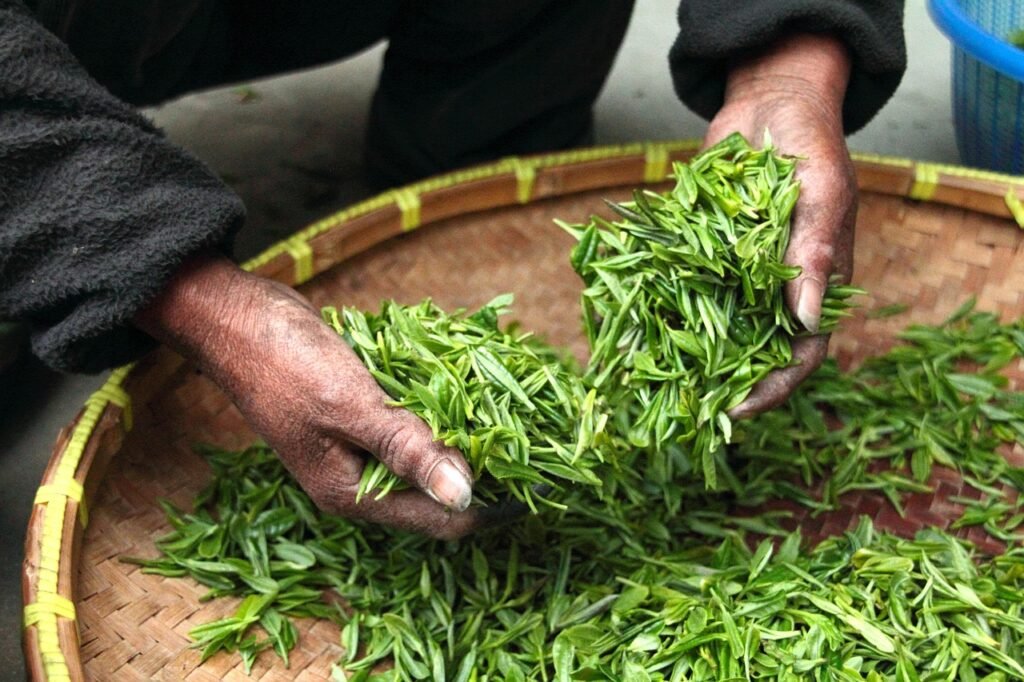
Health Benefits of Matcha
Now, why is matcha so popular? The short answer: It’s loaded with health benefits that can make a real difference for your body and mind. Here’s what the research says, broken down simply:
Packed With Antioxidants
Matcha antioxidants are the real deal. It’s rich in a powerful type of antioxidant called catechins, especially one called EGCG (epigallocatechin gallate). These compounds help fight free radicals — those harmful molecules that can damage your cells and speed up aging.
Fun Fact
Matcha contains about 137 times more antioxidants than regular green tea because you consume the entire leaf, not just an infusion.
Boosts Metabolism and Supports Weight Loss
If you’re wondering if matcha can help you shed some pounds, the answer is yes—kind of. Studies show matcha can help boost your metabolism and increase fat burning when combined with exercise. This effect comes mainly from the combination of caffeine and catechins working together to ramp up your calorie burn.
Enhances Energy and Focus
Matcha contains caffeine — about a third of what you’d get in a cup of coffee — but it also has an amino acid called L-theanine. L-theanine promotes calmness and focus, which balances out the caffeine’s energy boost. So unlike coffee, which can sometimes leave you jittery or cause a crash, matcha tends to provide smooth, sustained energy and mental clarity.
Detoxifies the Body
Because the tea plants for matcha are shade-grown, they produce higher levels of chlorophyll, which is what gives matcha its signature green color. Chlorophyll is thought to help detoxify your body by supporting liver function and eliminating heavy metals.
Supports Brain Health
Some studies suggest the antioxidants and nutrients in matcha may protect brain cells and support memory and mood. While more research is needed, the calming but alert feeling matcha gives you is a welcome boost for many people’s daily mental focus.
Benefits for Your Skin
Matcha’s antioxidants don’t just work inside your body. They may also help protect your skin from damage caused by UV rays and pollution. Some people even use matcha in skincare products or DIY masks to take advantage of its anti-inflammatory and anti-aging effects.

Matcha vs Coffee: Which One Wins?
If you’re like many people, coffee is your go-to morning energizer. So how does matcha stack up?
Caffeine Content: Matcha has less caffeine than a typical cup of coffee — about 70 mg per serving versus 95 mg in coffee. But thanks to L-theanine, the caffeine in matcha provides a smoother, longer-lasting boost without the jittery feeling or crash.
Energy & Focus: Matcha’s blend of caffeine and L-theanine can give you sharper focus and calm energy, great for work or study sessions.
Health Benefits: While coffee has its own health perks (like antioxidants), matcha offers unique compounds like EGCG and chlorophyll that add detox and metabolism support.
So if you want energy without the coffee jitters, matcha might be your new best friend.
Potential Side Effects of Matcha
Of course, matcha isn’t perfect for everyone, and moderation is key.
Caffeine Sensitivity: If you’re sensitive to caffeine, matcha could still cause some jitteriness or insomnia, especially if consumed late in the day.
Overconsumption: Drinking excessive amounts of matcha may lead to headaches, upset stomach, or other mild side effects due to caffeine or tannins.
Quality Concerns: Low-quality or cheap matcha powders may contain contaminants like heavy metals or fillers. Always opt for trusted brands with organic certification when possible.
Generally, sticking to 1-2 cups a day is considered safe for most people.
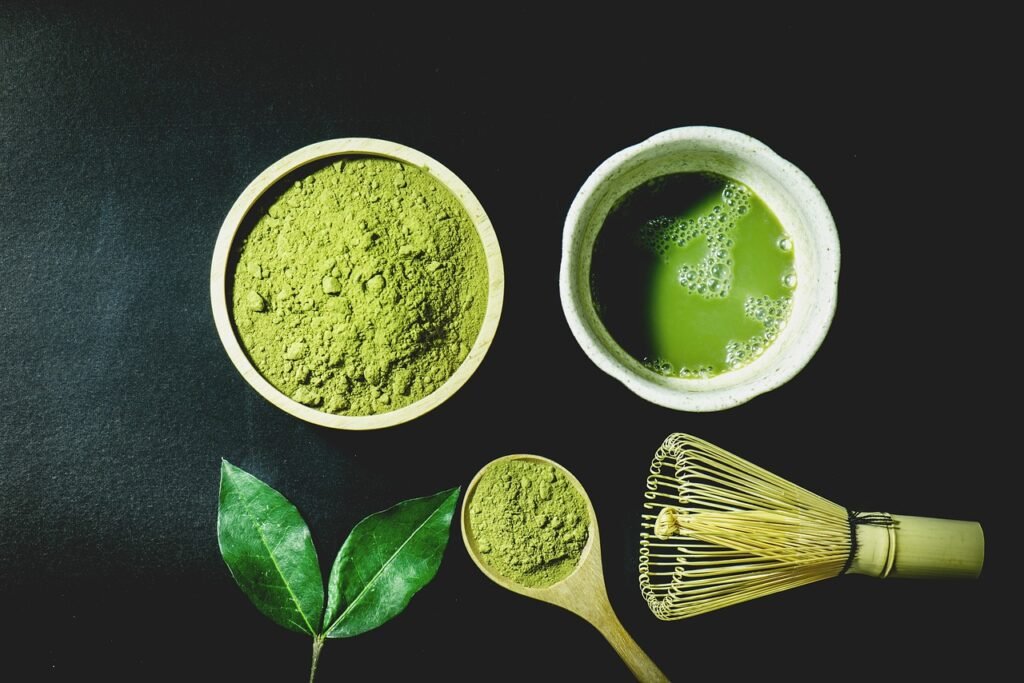
How to Use Matcha in Your Daily Routine
One of the best things about matcha is how versatile it is. Before you begin your matcha adventures, you may want to get this matcha starter kit that comes with a whisk and holder, ceramic bowl, sifter, and scoop–really practical!
Here are some easy and tasty ways you can incorporate it into your day:
Traditional Matcha Tea: Whisk 1 teaspoon of matcha powder with hot water (not boiling) until frothy. Enjoy it plain or add a little honey.
- Matcha Latte: Mix matcha with steamed milk (dairy or plant-based) for a creamy treat. Add sweetener if you like.
Smoothies: Add a teaspoon of matcha powder to your morning smoothie for an antioxidant boost.
Baking & Cooking: Use matcha in pancakes, muffins, cookie recipes or even salad dressings to add color and flavor.
Detox Drinks: Mix matcha with lemon juice and a bit of maple syrup for a refreshing detox drink.
If you’re just starting out, try matcha once a day and see how you feel. Many people find it becomes a calming part of their daily routine.
Choosing the Best Matcha Powder
Not all matcha powders are created equal. Here’s how to pick the best one:
- Look for Ceremonial Grade: This is the highest quality matcha, meant for drinking straight. It’s vibrant green, smooth, and delicate.
Organic Certification: Organic matcha is less likely to contain pesticides or additives.
Color & Aroma: The best matcha is bright green and smells fresh. Dull or yellowish powders usually mean lower quality.
- Price: High-quality matcha isn’t cheap, but it’s worth it for the health benefits and taste.
Brands that specialize in Japanese ceremonial grade matcha are generally more trustworthy.
Is Matcha Really a Superfood?
You’ve probably heard matcha called a superfood a lot, but what does that mean exactly?
“Superfood” is a marketing term more than a scientific one, but it usually refers to foods packed with nutrients that may offer health benefits. By that definition, matcha definitely qualifies. Its high antioxidant content, ability to boost metabolism, improve focus, and support skin health give it a solid place among other well-known superfoods.
But remember: no food alone is a magic bullet. Matcha works best as part of a balanced diet and healthy lifestyle.
The Bottom Line
So, does matcha live up to the hype? The answer is yes — with some caveats.
Matcha offers real, research-backed health benefits that can help you feel more energized, focused, and healthy. It’s richer in antioxidants than regular green tea and provides a calm alertness that coffee sometimes can’t match.
That said, quality matters a lot. Choose good ceremonial grade or organic matcha, and don’t overdo it. Like any superfood, it’s a powerful addition to your routine — not a cure-all.
If you’re curious, give matcha a try! Start slow, experiment with recipes, and see how it fits your lifestyle.
********************
Ready to make matcha part of your day? Grab some quality powder and start with a simple matcha latte—your brain and body will thank you!
If you enjoyed learning about matcha and want to explore more superfoods and healthy living tips, be sure to subscribe to our newsletter.



